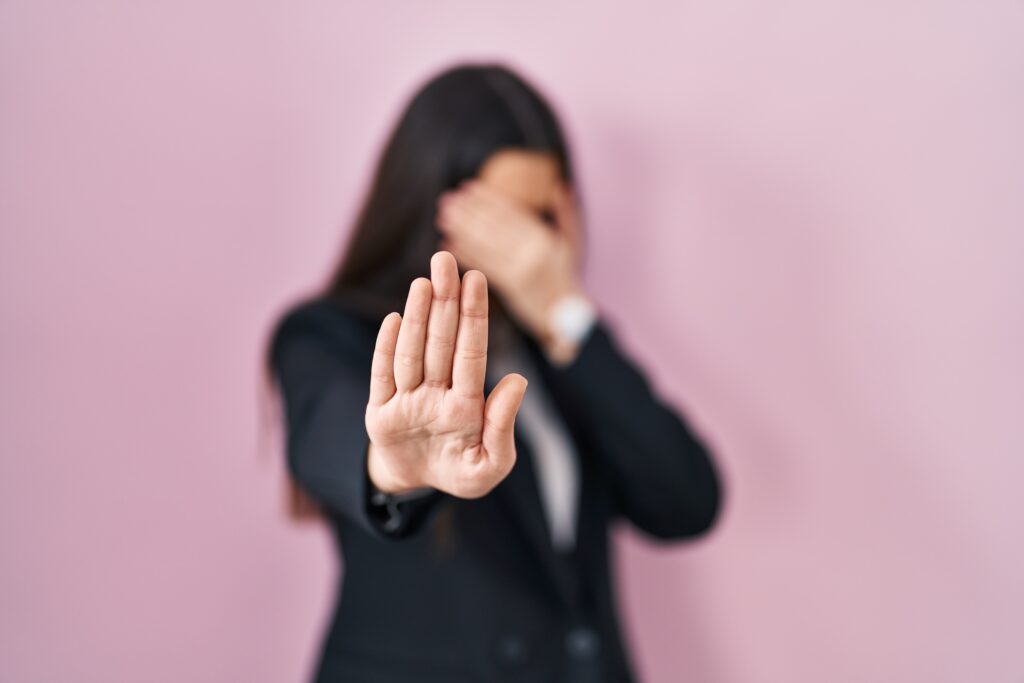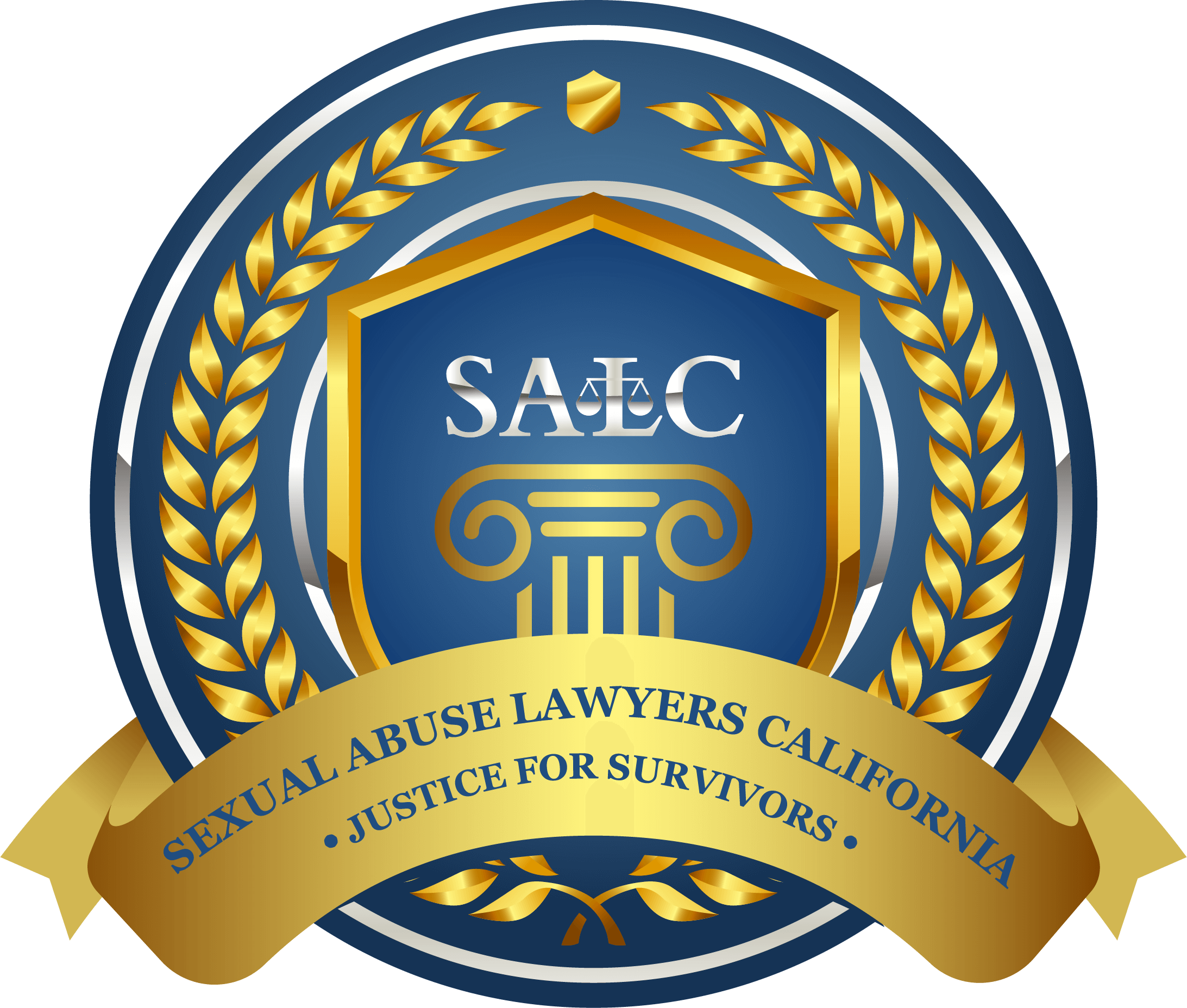Reporters must tread a fine line when covering sexual abuse allegations involving political leaders. These stories are more than surface-level stories; they are systemic, life-changing stories that impact lives, careers, and public confidence in our government. That’s why journalists must find a balance between respecting survivors’ dignity and voice telling their stories with integrity and avoiding sensationalism. This first step in responsible journalism requires a deep comprehension of the impact reporting can have on the public.
Impact of Sexual Abuse Allegations
Allegations of sexual abuse in the political arena have a huge impact on lives. For victims, these allegations are not just public records, but personal experiences brought to light. For accused politicians, it’s a moment in time that can affect their careers and lives. And for the public, allegations can shake public confidence in our political process, and raise questions about our leaders and institutions. As journalists, it is our responsibility to navigate these allegations in a way that is compassionate, accurate, and respectful. Attempting to sensationalize the story will only damage the truth, and damage all parties. Instead, journalists must focus on the human aspect of the story, while protecting the public’s right to know in a way that respects the sensitive nature of the situation.

The Ethical Compass
Regarding talking of the sexual abuse scandals, especially in the political circle, the correspondents are usually in a state of moral confusion. First of all, like in other cases, there are issues of confidentiality. If the victim chooses to stay away from elements of physical harm and follow the right procedure to protect his/her privacy, it should be supported. Secondly, sometimes when the victim is forced to face past trauma it might re-traumatize him/her. It is therein that journalists ought to be inquisitive but easy-going in the way they report, and also, they should be considerate of the victim’s feelings and the victimizing act. Furthermore, unjust defamation is also an issue in the formulation which will require the checking of the facts. These issues require an unequivocal application of these principles, which are required to be determined extremely.
To have one’s sources to be confident, to certify the factuality of the information collected, and to determine whether or not to release the sense of regret as the integral moments are all essential. When in this kind of similar situation, by all means, you require a sexual assault attorney for your legal advice and the consequences together as this is the practical way out. They can carry out one more screening to not only ensure the check of the story’s authenticity but also the rights of the victims. Finally, journalists’ moral compass will be based on such simple principles like combating harm, providing the public with correct information, and maintaining the sovereign reporting standards.
Navigating Between Public Interest and Privacy Rights
People also wonder whether the ethical implications related to public interest and the right to privacy can be justified.
Reporters, moreover, face the dilemma of balancing the public right to know against the accused’s privacy rights when reporting about sexual abuse allegations made against any public figure. Probably, the public will evolve the rules concerning the balance between the advantage of a society of disclosure and the possible harm to private life, the privilege of a person that is accused of the crime, and citizens. Here are some tips for journalists to help them navigate this delicate area:
- When covering sexual abuse cases, consider how much information is necessary for the public to understand the situation.
- Do not disclose personal information that does not add to the story’s substance.
- Do not reveal personal information that will harm the dignity or privacy of the person(s) involved.
- Remember, reporting is meant to help, not to cause unnecessary harm.
Verification and Fact-Checking
Fact-checking and verification are the most important parts of responsible journalism, particularly when dealing with cases of elected official sex abuse. Before reporting, journalists should go through a thorough procedure to verify allegations, including multiple sources, when possible. This includes cross-checking with independent witnesses, looking at public records, and asking for corroboration from reliable sources. The significance of fact-checking cannot be overstated; it prevents the spread of disinformation, preserves the credibility of media outlets, and ensures that reporting does not unfairly damage the reputations of involved parties. Fact-checking also helps to maintain journalistic standards of accuracy, giving the audience reliable information to base their opinions and decisions. In search of truth, fact-checking and verification are essential tools in the journalist’s toolbox.

The Sensitivity Language
One of the most essential issues of reporting on sexual abuse incidents is the employment of a language, especially when the politicians are included. It is necessary to let them know that we are empathetic towards their ordeals by using appropriate phrases that are non-judging and respectful. Do not sit on the script’s dramatic edge by using words that add nothing else but horror or thrill. Rather, adopt speech that is of an appropriate weight when one considers the stakes as well as gives respect. Say the “alleged survivors,” or the “person who complained of sexual abuse” instead. Do not use language that can place the victim at fault or shame the victim. For example, do not discuss consenting immorally because of the victim’s failure to follow what is right. The key goal is to report facts in a way that respects survivors’ experiences without perpetuating the myth of sexual assault or harming survivors who are already suffering so much.
Support and Resources for Survivors
When discussing allegations of sexual abuse against politicians, it’s important to highlight support services and resources for survivors. Not only does this help those directly impacted by the case, but it also sends a message to other survivors that there’s help out there. When covering these sensitive topics, make sure to include contact information for national and local sexual assault hotlines, counseling services, and legal assistance, including experts in sexual assault civil lawsuits. By highlighting these resources, you’re not only informing; you’re also providing a lifeline for survivors who are considering the difficult process of coming forward or pursuing justice. Including these resources in reports highlights the media’s role not only in exposing the truth but also in helping survivors heal and empower them to navigate the consequences of abuse and potentially take legal action if they choose.
Legal Complexities Management
Reporting sexual abuse cases, particularly those involving public figures such as politicians or police officers, raises legal issues. Reporters must be aware of defamation risks and ensure that all allegations are reported accurately and supported by evidence. Understanding the basics of sexual abuse cases law is essential. This includes understanding terms like “allegation,” “accusation,” and “charge,” as well as the difference between a civil case and a criminal case. When in doubt, reporters should seek legal advice from legal professionals to navigate these complexities without jeopardizing their reporting.
By maintaining objectivity and representing all parties fairly, journalists can reduce legal risks while still adhering to responsible journalism standards.

The Importance of Follow-Up Reporting
Uncontrolled exposure of sexual abuse despite accusations makes reporting follow-up kind of a necessity to make sure the story is comprehensive and well-edited. For instance, follow-up reports on court procedures, how both the accused and the victim are responding, and the effects of the incident on a larger scale contribute much to public information. When writing success cases, journalists should pay them the same level of care and empathy as their initial posts ensuring that the new data is double-checked and that the supporters are not exaggerated. The degree of discipline to detail plays a vital role in keeping the public enlightened and engaged, making a well-informed society able to make well-considered decisions and make the right choices for a better society.
Here are some tips for good follow-up:
- Set clear deadlines
- Monitor legal filings
- Try to contact those related parties and legal experts as much as you can
Accountability Culture Cultivating
The media has a crucial function to be carried by when it comes to auditing existing political power structures, particularly when it involves rape. History has shown that whenever media personnel report such claims and cases in an objective, transparent, and sensitive manner, a culture is created in which law enforcers who overstep their boundaries, including the police officer sexual misconduct, would neither be silenced nor left unexposed. Through fostering a framework on which reporters can educate themselves with relevant laws, ethical, and psychological factors behind the topic, reporters can report on sexual assault with all due respect and depth that they merit. Discovering an open dialogue through media propagation among journalists, and exploring the burdens and privileges of reporting on these issues could, nevertheless, help solve the problem these cases have. Informing the public with honesty and the provision of objective information, journalists may serve as catalysts for societal change as well as hold them accountable for their acts of conduct.










